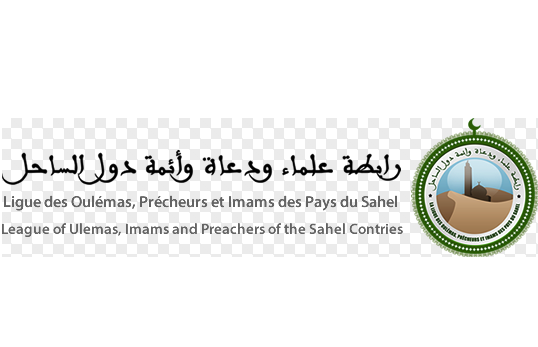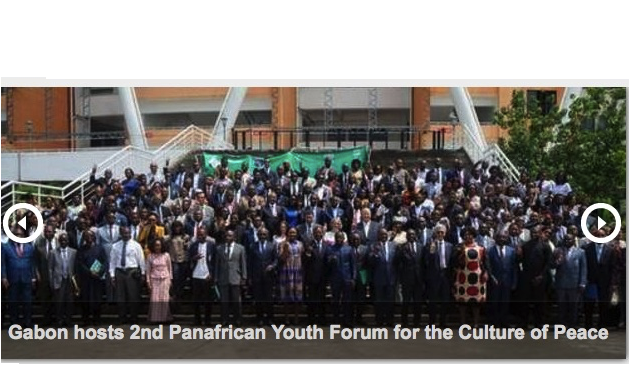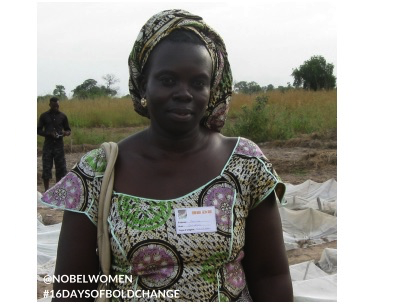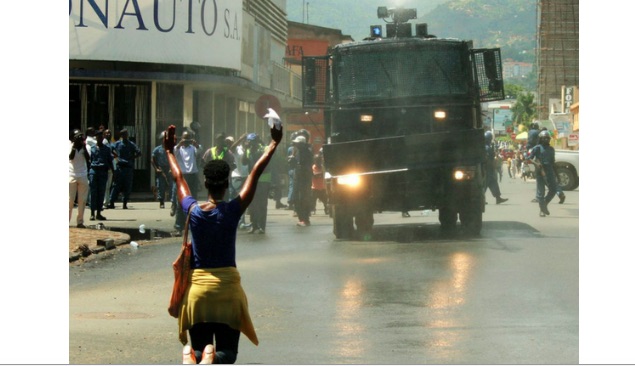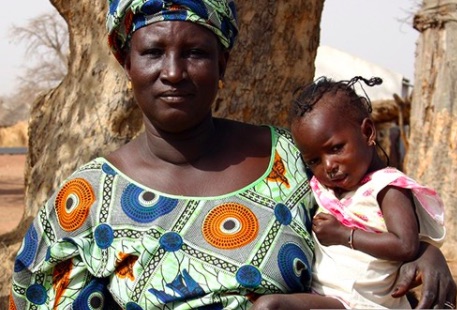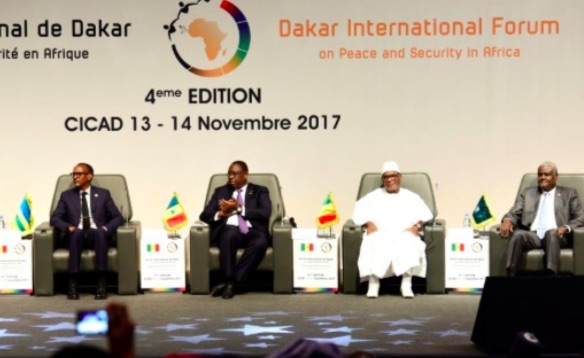.. SUSTAINABLE DEVELOPMENT ..
An article from Deutsche Welle
In 2017, eco@africa featured a host of eco heroes bringing solar power to their communities through innovative business ideas and inventions. Here are our top five solar solutions from Africa.
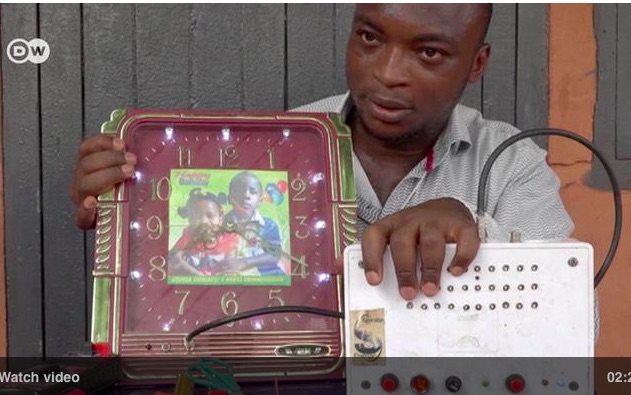
Nigeria’s solar clock king, Emmanuel Obayagbona
(Note: Each of the examples in the original article includes a photo and a brief video)
5. Cameroon’s green car wash
The residents of Douala in western Cameroon often face water shortages but they still like to have clean cars. The problem is an average car wash in the country uses up to 50 liters of water per vehicle. Entrepreneur Sylvain Honnang came up with an idea that saves water and doesn’t pollute the air. His solar-powered mobile car wash uses just six liters of water per car. His employees also use non-toxic, organic cleaning products. “It’s not just a machine but a whole concept and teaching people about saving water,” said Honnang, who founded the company Howash to promote the service.
4. Nigeria’s solar clock king
Most people in southeast Nigeria are connected to the public electricity grid. But power outages are common, leaving communities in darkness at night. The situation inspired electrical engineer Emmanuel Obayagbona to make a solar-powered clock that also doubles as a lamp and a cell-phone charger when the grid fails. It takes about three hours for Obayagbona to make a clock but he hopes to mass produce his invention soon.
(Continued in right column)
Are we making progress in renewable energy?
(Continued from left column)
3. Bringing solar knowledge to Cameroon
Bolivie Wakam studied renewable energy at an Italian university and wanted to spread this knowledge in his home country of Cameroon. He started training young people in his community to install and use solar panels. Wakam has also installed solar-powered street lights and a water purification plant run on the sun’s rays. The activist wants to see the majority of Africans — particularly those in rural areas with no access to electricity — kitted out with solar panels. “Renewable energy sources can be used over again and people don’t have to pay for electricity because it’s free,” said Wakam, who founded the NGO Africa Tech Solar to promote green energy across the continent.
2. Solar-powered haircuts
In Lagos, Nigeria, many businesses rely on dirty and noisy generators as a back-up when the state’s power supply cuts out. Segun Adaju, the CEO of Consistent Energy Limited, travels around the city promoting solar panels as an alternative for small and medium-sized enterprises. The solar panels last 20 years and can be paid for in increments. Many of the city’s numerous barbershops have made the switch already.
Mobile solar kiosks bring jobs and power
Some 70 percent of Rwanda’s 11.5 million inhabitants have a cell phone but only 22 percent have regular access to electricity. That’s why mobile solar kiosks, which Rwandans can use to charge their devices for a small fee, are starting to take off. The kiosks are the brainchild of Henri Nyakarundi of Africa Renewable Energy. So far, 40 have sprung up across the country. They are run by independent vendors who pay a proportion of their earnings to the inventor. For Nyakarundi promoting solar energy is important but so is creating jobs for those who have few opportunities to work. He hopes to spread the micro-franchise to neighboring Uganda in 2018.
(Thank you to Janet Hudgins, the CPNN reporter for this article.)
